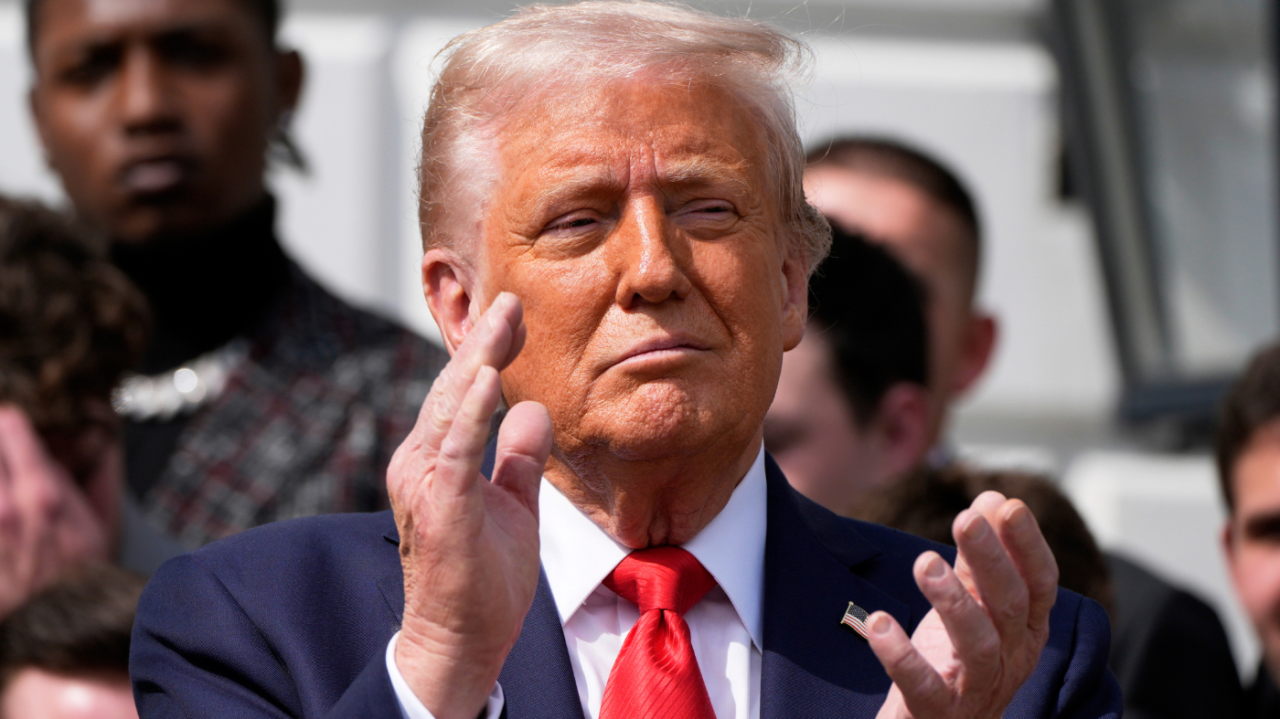Driven by favourable energy costs, legal clarity, and technological advancements, the United States has emerged as a global leader in U.S. Bitcoin mining in recent years. However, the Trump administration’s tariffs have fundamentally altered the terrain and pose new challenges for miners.
The Rise of U.S. Bitcoin Mining
Companies like Marathon Digital Holdings, Riot Platforms, and Core Scientific are increasing their activities throughout states including Texas, Georgia, and New York. The U.S. Bitcoin mining sector has seen a notable rise. Access to reasonably priced energy—especially from renewable sources—as well as a favorable legal framework drove this growth. Furthermore, the somewhat positive attitude of the U.S. government on cryptocurrencies promotes sectoral innovation and investment.
The Impact of Trump’s Tariffs

The Trump administration’s imposition of tariffs has introduced several challenges for U.S. Bitcoin miners:
Increased Equipment Costs
Tariffs on Chinese imports, including mining hardware, have led to higher costs for essential equipment. For instance, a $1,000 mining rig could see its price increase due to these tariffs, which would impact the profitability of mining operations.
Supply Chain Disruptions
The tariffs have caused delays in the delivery of mining equipment, as shipments face customs holdups and increased scrutiny. These disruptions hinder the timely scaling of mining operations, affecting overall efficiency.
Market Volatility
The announcement of tariffs has led to increased market volatility, with Bitcoin’s price experiencing significant fluctuations. For example, Bitcoin’s price fell below $91,000 amid concerns over the economic implications of the tariffs.
Strategic Shifts
In response to these challenges, some U.S. miners are exploring alternative solutions, such as investing in domestic mining hardware production or seeking partnerships with manufacturers in countries less affected by tariffs.
In Conclusion
Given these tariffs, the direction of U.S. Bitcoin mining is yet unknown. While some miners might adjust by localising their supply chains or making investments in new technology, others may have rising running expenses that would affect their competitiveness. The sector’s capacity to navigate these obstacles and the potential for future policy changes will determine its resilience. ”
Although the U.S. Bitcoin mining industry has experienced significant expansion, tariffs have introduced new complexity. Determining the industry’s ongoing success and leadership in the global cryptocurrency scene will largely depend on its ability to adapt to the changing times.


